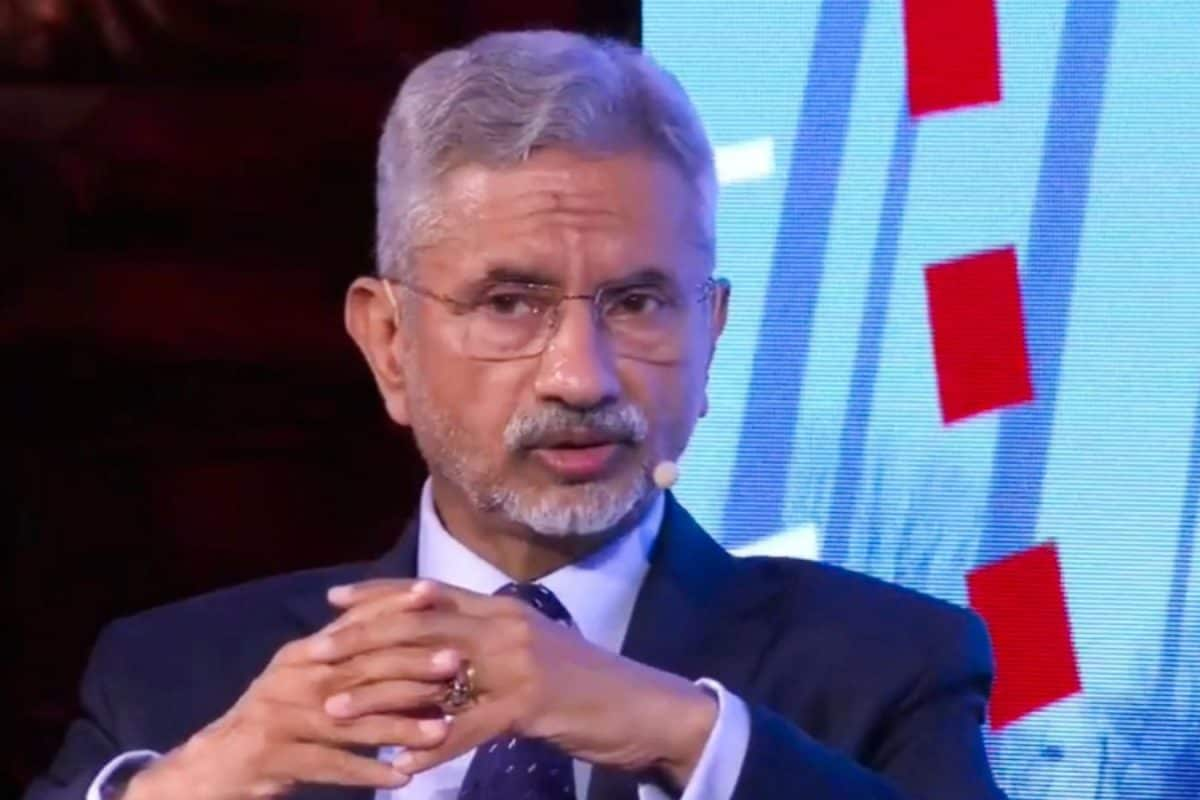

The relationship between India and China is navigating a complex equilibrium as both nations rise on the global stage. External Affairs Minister S. Jaishankar has frequently commented on the intricate nature of these ties, emphasizing the need for thoughtful management and strategic foresight.
In numerous addresses and statements, Jaishankar has articulated the challenges and opportunities inherent in the India-China dynamic. A key aspect of his perspective is the acknowledgment that the period between 2020 and 2024 marked a low point in bilateral relations, primarily due to border tensions and clashes, particularly in the Galwan Valley. These events, he noted, not only resulted in bloodshed but also signified a disregard for existing written agreements, fundamentally disrupting the peace and tranquility that is essential for the overall relationship.
However, Jaishankar has also expressed optimism about the potential for improvement. Speaking at the CNN News 18 Rising Bharat Summit 2025, he observed that the relationship has "improved significantly" and that both countries are actively discussing issues that had been sidelined due to the COVID-19 pandemic, such as the resumption of direct flights and the Kailash Mansarovar Yatra. He emphasized the importance of the disengagement process, especially in areas like Depsang and Demchok, as crucial steps toward de-escalation.
A core tenet of India's approach, as outlined by Jaishankar, is the adherence to "three mutuals": mutual respect, mutual sensitivity, and mutual interest. These principles serve as the bedrock for fostering a balanced and constructive relationship. He has also stressed that India must be prepared for expressions of China's growing capabilities, particularly those that directly impact India's interests. This includes bolstering India's comprehensive national power, not only by improving border infrastructure but also by reducing dependence on sensitive domains.
Despite the progress in disengagement, challenges remain. Jaishankar has acknowledged that the border situation is still being addressed, with a focus on de-escalation and the management of troop deployments along the Line of Actual Control (LAC). He has also highlighted the need to adhere to three key principles: strict observance of the LAC, no unilateral attempts to alter the status quo, and full compliance with past agreements.
Furthermore, economic factors play a significant role in the equilibrium between the two nations. While China has been India's largest trading partner, India faces a substantial trade deficit. Jaishankar has underscored the importance of addressing this economic imbalance and promoting a more balanced trade relationship.
Looking ahead, the path to a stable and predictable relationship between India and China requires sustained dialogue and strategic communication. Jaishankar has pointed to the meetings between Prime Minister Modi and President Xi Jinping, as well as the ongoing discussions between Special Representatives and Foreign Secretaries, as vital mechanisms for managing differences and exploring areas of cooperation. The resumption of dialogue mechanisms is seen as essential for addressing each other's priorities and concerns, ultimately steering the relationship toward a more stable trajectory.
In conclusion, the complex equilibrium between India and China is characterized by a blend of challenges and opportunities. While historical tensions and border disputes remain significant factors, ongoing diplomatic efforts and a commitment to mutual respect and understanding offer a path toward a more stable and cooperative relationship. As Jaishankar has emphasized, managing this dynamic requires both strategic foresight and a recognition that a tense relationship serves neither side's interests.